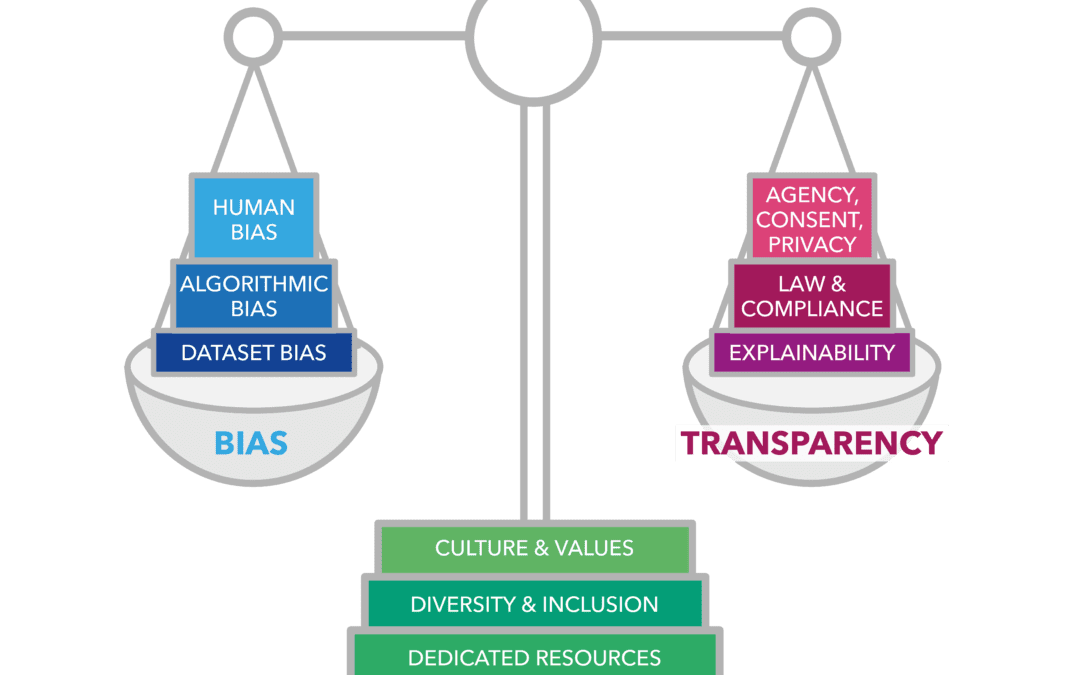Big data and AI call for a new business competency: Ethics. With cyberthreats and new regulation, 2018 has been a pivotal year, and leading organizations are rising to meet that.
Artificial intelligence (AI) and machines’ ability to “learn” marks a new chapter in digital transformation; it breathes new life into the potential for unstructured data and software and marks a profound shift in interface and customer experience. It also introduces unprecedented risks and societal questions enterprises have yet to confront.
2018 has marked a pivotal year in tech, a year in which such questions and risks have become mainstream. From revelations of fake news and mass manipulation, to ever-more-pernicious cyberthreats, to unprecedented regulatory moves, tech is in the crosshairs.
Despite a widespread crisis of confidence, enterprise preparation for AI has centered almost exclusively on data prep and data science talent. But true enterprise preparedness for AI must ready the broader organization, chiefly people, processes and principles. Now more than ever, the mass automation of big data and AI call for a new business competency: a formalized and grounded approach to ethics.

More and more, companies are formalizing the role of Chief Ethics Officer or internal or external ethics boards. Microsoft, Facebook and law enforcement weapons manufacturer Axon have all assembled teams dedicated to addressing AI Ethics in the products they’re building. These are important roles for guiding executives and the organization through critical discussions and process development:
- What could happen? Analyze scenarios across emerging technologies, identify risks and legal issues
- What would ensue? Think through ethical issues and implications of products/services (including conflicts between professed values and underlying business model)
- How can we support responsible stewardship? Develop ethical guidelines for companies, even a code of ethics
- How can we support day-to-day decision-making and accountability?Instituting programs such as training courses, design thinking groups, scenario or social systems analyses, or audits
- What skills are we missing? Expand ethical awareness by diversifying teams. In medicine, for example, ethics teams don’t just include doctors and lawyers, but educators, philosophers, designers, psychologists, sociologists and artists
Access the rest of this post and the full article where it was originally published here on ClickZ
Check out the report on which this post was based here, and as always, feel free to reach out with additional questions.

